
Chris Bonington
Chris Bonington, born on August 6, 1934, in Hampstead, London, is one of the most influential British mountaineers of the 20th century.
He discovered climbing as a teenager, learning his craft on the crags of Wales and Scotland, before quickly making a name for himself in the Alps. By the late 1950s, he had participated in major ascents, such as the Bonatti Pillar in Les Drus in 1958. He established himself as one of the most talented members of a generation of British climbers, alongside figures such as Don Whillans, Ian Clough, and Joe Brown. His career is marked by iconic first ascents: the central pillar of Frêney on Mont Blanc in 1961, the Central Tower of Paine in Patagonia in 1963, and the right pillar of Brouillard in 1966. From the 1960s onward, he also distinguished himself in the Himalayas, reaching the summit of Annapurna II in 1960, then Nuptse in 1961, before leading and participating in nineteen Himalayan expeditions, including four to Everest.
In 1970, he led the British expedition that achieved the first ascent of the south face of Annapurna, one of the great Himalayan faces still unclimbed at the time. Five years later, he organized and led the first ascent of the southwest face of Everest, an expedition that would go down in mountaineering history. Bonington didn't just climb: he planned, organized, and devised teams and objectives, becoming a leading expert in the logistics and management of major siege-style expeditions. He also alternated with lighter, more challenging alpine-style ascents, such as the first ascent of the West Summit of Shivling in India in 1983, which he considers one of his greatest adventures, driven by the sheer joy of climbing.
Throughout his career, Bonington also faced tragedy, losing numerous climbing companions on expeditions, as well as a young son and, later, his wife of more than fifty years. Despite these hardships, he remained deeply attached to the mountains, which he saw as a place of beauty, wildness, and challenge, and continued to climb and explore long after his most famous exploits. In 1985, at the age of 50, he finally reached the summit of Everest, becoming the oldest person to have successfully climbed it at the time.
Alongside his adventures, Chris Bonington pursues a career as a writer, lecturer, and photographer, sharing his passion and experience through numerous books and public appearances. He was made a Commander of the Order of the British Empire in 1996, in recognition of his major influence on mountaineering and his contribution to mountain culture. A true living legend, he embodies a generation of mountaineers for whom the mountains are at once a playground, a place of accomplishment, and a space of brotherhood, despite the risks and losses. Chris Bonington received the Piolet d'Or Career Award in 2015 at the 23rd edition of the Piolets d'Or. This distinction honors his entire career and his major influence on world mountaineering, celebrating an exceptional career marked by numerous first ascents in the Alps and the Himalayas.
Known for
Acting
Place of birth
Hampstead, London, England, UK
Birthday
August 1934

On ne marche qu'une fois sur la lune
10

Galahad of Everest
8
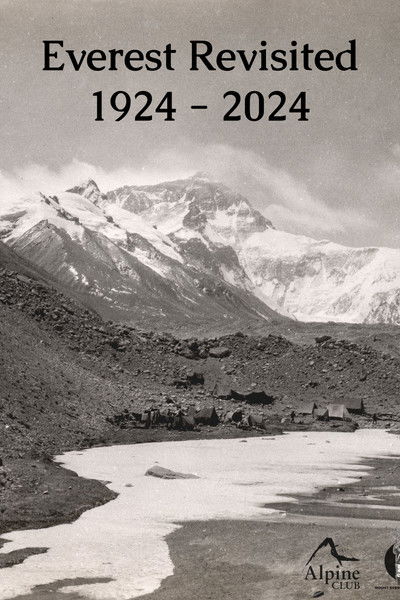
Everest Revisited 1924 - 2024
0
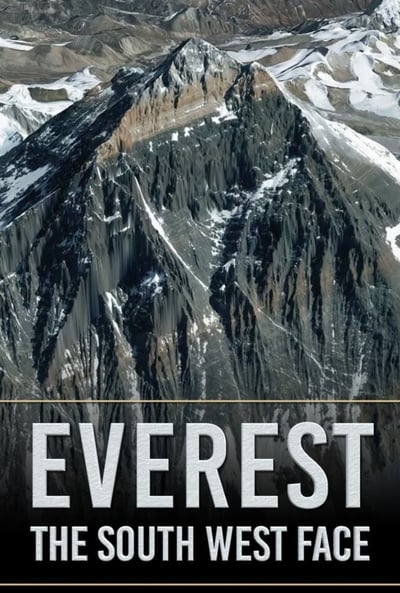
Everest: The South West Face
0

Bonington: Mountaineer
0
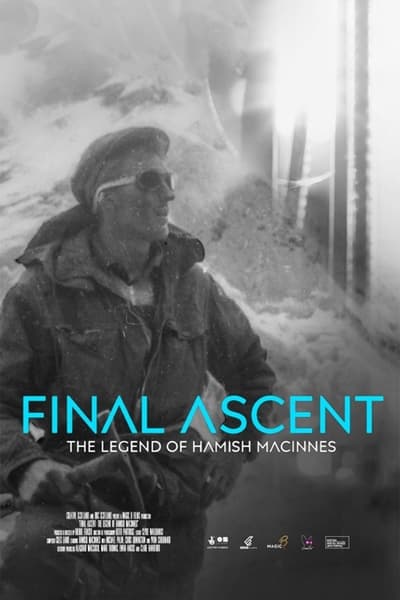
Final Ascent: The Legend of Hamish MacInnes
0

Everest - The Hard Way
10

Great Britain, Journey To The Sources of Mountaineering
10

A Cold Embrace
0
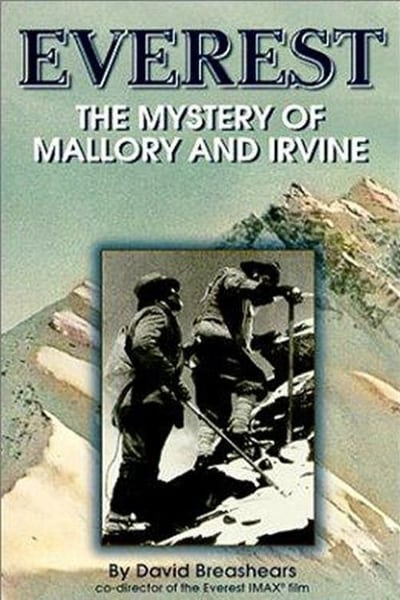
Everest: The Mystery of Mallory and Irvine
0
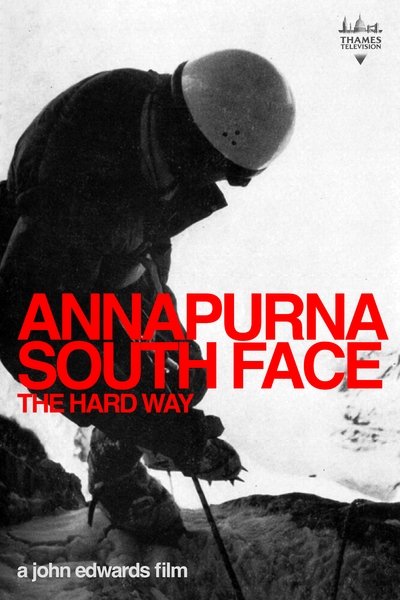
Annapurna South Face
7.5

